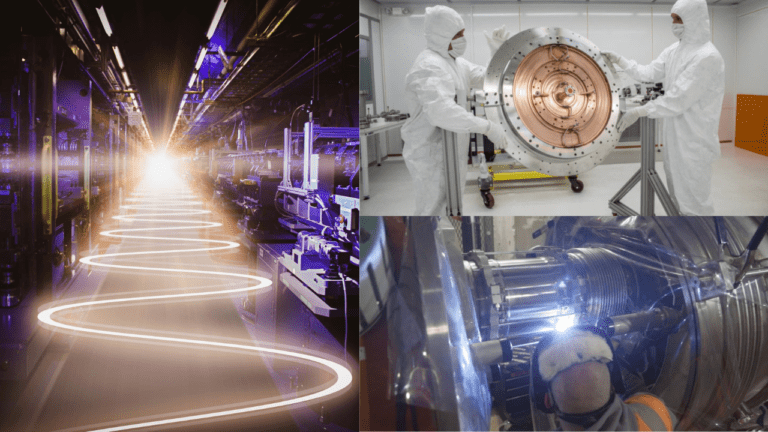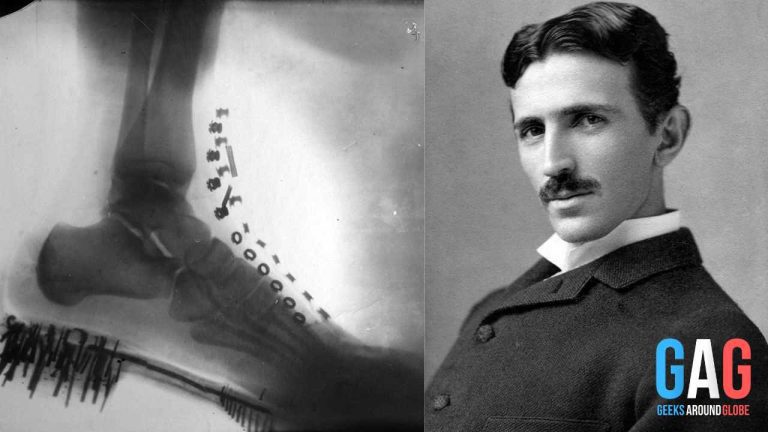If you or someone you know has ever struggled with the tight grip of nicotine addiction, there’s some groundbreaking news on the horizon. Researchers from the University of Missouri School of Medicine have uncovered a promising new method to fight cigarette cravings, and it’s not in the form of a patch or gum.
The study by the University of Missouri School of Medicine showed incredible results with less cigarette cravings and less smoking. The Theta-burst transcranial magnetic stimulation (TBS)—a strong, rapidly fluctuating magnetic field pulse is the new hope in improving self-control and in reducing nicotine cravings!
The Science Behind The Addiction
Before we dive into the new findings, let’s shed some light on what’s happening inside the brain of someone addicted to nicotine. People with nicotine addiction typically display significant structural and functional differences in their brains compared to their non-smoking peers. One of the most concerning differences is a reduction in gray matter. This means fewer neurons and other essential brain cells.
This decline doesn’t just change the brain’s structure. It affects its function as well, particularly in an area called inhibitory control (IC). IC is our brain’s braking system. It’s what enables us to halt an impulsive reaction. Just like the urge to light up a cigarette. If you’ve ever found it near-impossible to resist a craving, it’s partly because this “braking system” might be compromised.
Goodbye Cigarettes – Scientists Discover Potential Treatment for Nicotine Dependence | https://t.co/WFkWNYJ6ei
— SciTechDaily (@SciTechDaily1) October 5, 2023
The Magic of New Treatment – TBS
Theta-burst transcranial magnetic stimulation, or TBS for short, uses strong, rapidly fluctuating magnetic field pulses to influence brain activity. Imagine gently “re-tuning” the brain, much like how you’d fine-tune a musical instrument!
TBS isn’t a one-size-fits-all technique; it comes in two varieties:
Continuous TBS (cTBS): This form applies three magnetic bursts repeatedly for 40 seconds.
Intermittent TBS (iTBS): This version disperses the same number of pulses, but irregularly over 190 seconds.
It’s noteworthy that TBS isn’t entirely new to the medical field. It’s been previously experimented with for conditions like generalized anxiety disorder and even FDA-approved for treating major depressive disorder.
The Study and Its Findings
The research team, led by the astute Dr. Brett Froeliger, a professor of Psychiatry, involved 37 participants. Their focus was on how cTBS and iTBS affected the right inferior frontal gyrus—a crucial brain region responsible for inhibitory control.
Their findings? Well, they’re nothing short of encouraging. The study concluded that cTBS significantly improved inhibitory control. And here’s the cherry on top: both cTBS and iTBS managed to reduce cravings and, as a direct result, decreased smoking!
In Dr. Froeliger’s words, treatments that bolster IC could be instrumental in reducing smoking. There’s even the tantalizing possibility that similar treatments could aid individuals grappling with other substance use disorders. However, like all scientific pursuits, further research is necessary to establish the broader clinical benefits of TBS.
A New Dawn?
Nicotine addiction remains one of the toughest nuts to crack in the world of substance dependence. This discovery offers a glimmer of hope and a fresh approach. Imagine a world where the cycle of addiction can be disrupted not by sheer willpower alone but with a little help from science. The full findings of this research, are on the Biological Psychiatry CNNI.
Conclusion
Researchers from the University of Missouri School of Medicine have shed light on a promising approach to combat nicotine cravings using theta-burst transcranial magnetic stimulation (TBS). This technique, which gently influences brain activity through magnetic pulses, has shown potential in enhancing the brain’s “brake pedal” or inhibitory control. TBS stands out as a beacon of hope for those striving to kick the nicotine habit. The future of combating addiction might just lie in the fusion of determination and cutting-edge science.
Also read,







